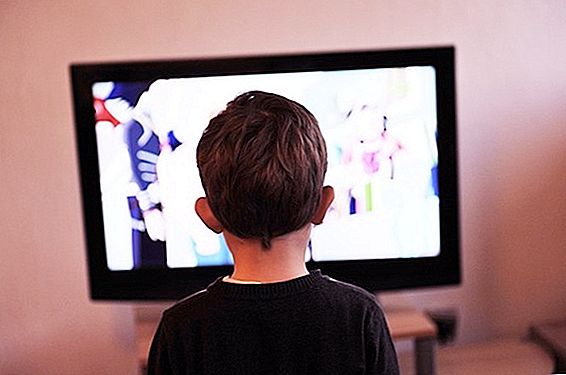Sudden changes in the mood, behavior, interests, well-being of the child may indicate the presence of a hidden psychological trauma. What changes should parents pay attention to? What is a peculiar alarming bell that the child needs some help?

The reasons why a child may experience psychological trauma are extremely diverse. Such a condition can cause problems in the family, parents divorcing, moving to another city or country, separation from parents, any disaster, for example, accident or fire, conflicts with teachers at school or with peers, any stressful situation that the child is not was ready. It is worth noting that psychological trauma can form even when the child was only an outside observer, did not directly participate in the conflict and was not at the epicenter of the disaster.
Post-traumatic disorder in childhood is characterized by psychological problems, psychosomatic disorders. A child can literally change before his eyes. A frequent manifestation of psychological trauma is regression of varying degrees. It can manifest itself in interests, in the games of the child, in his behavior, habits and so on. What signs should alert parents?
The manifestation of psychological trauma through somatics
A child experiencing post-traumatic disorder may begin to complain of various pains that occur in different parts of the body, in different organs. However, as a rule, it is not possible to establish the organic cause of pain.
In children with psychological trauma, immunity is very severely affected. Because of this, colds, poisoning, infectious / viral diseases become frequent.
Psychosomatic disorders due to psychological trauma are usually manifested by pressure drops, problems in the functioning of blood vessels and heart, headaches, nosebleeds, persistent cough or night suffocation, drowsiness, weakness. A child in the post-traumatic period may experience respiratory failure, pulse irregularities, increased sweating, and nervous tics.
Often, psychological trauma causes sleep problems. The child may start to sleep very badly, complaining that he constantly wakes up in the middle of the night. Sleep can be very superficial, anxious and restless. Children with post-traumatic disorder are often completely afraid to go to bed due to nightmares or sleep paralysis.
Other bodily symptoms include:
- allergic reactions;
- skin diseases that do not have a specific reason for occurrence;
- constant painful condition, feeling of lightheadedness, malaise;
- dizziness, tinnitus, fog in the head;
- muscle clamps;
- cramps
- exacerbation of any existing congenital or chronic pathologies;
- with post-traumatic disorder, attention, memory, concentration, will, general tone also suffer;
- changes in eating behavior: lack of appetite or constant hunger, digestive problems.
